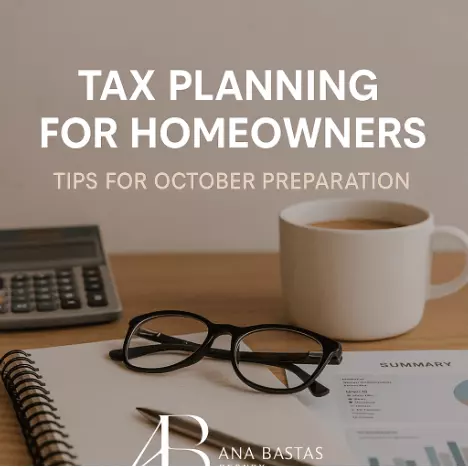What Percentage of Your Paycheck Should Go to a Mortgage Payment? | 2025 Budget Guide

What Percentage of Your Paycheck Should Go to Your Mortgage Payment?
Buying a home is one of the most exciting—and financially significant—decisions you’ll ever make. But with rising home prices and interest rates fluctuating, how much of your paycheck should realistically go toward your mortgage in 2025? Understanding this balance is crucial to setting yourself up for long-term financial stability and peace of mind.
Let’s break down how much of your income should go to your mortgage payment, what lenders look for, and tips for keeping your homeownership journey both affordable and sustainable.
🏡 The 28/36 Rule: The Classic Mortgage Guideline
Financial experts and lenders often refer to the 28/36 rule when evaluating how much mortgage you can afford:
-
28% Rule: No more than 28% of your gross monthly income should go toward housing expenses. This includes your mortgage principal and interest, property taxes, and home insurance (often referred to as PITI).
-
36% Rule: Your total debt—including car loans, credit card payments, student loans, and housing costs—should not exceed 36% of your gross monthly income.
For example:
If your gross monthly income is $6,000, you should aim to spend no more than $1,680 on your mortgage and no more than $2,160 on all debt combined.
💼 Lender Requirements in Canada
In Canada, mortgage lenders assess affordability using two main ratios:
-
Gross Debt Service Ratio (GDS): Should not exceed 39% of your gross income.
-
Total Debt Service Ratio (TDS): Should not exceed 44% of your gross income.
These ratios factor in:
-
Mortgage payment (principal + interest)
-
Property taxes
-
Heating costs
-
50% of condo fees (if applicable)
Staying within these limits increases your chances of mortgage approval and reduces the risk of financial strain.
🔢 How to Calculate What You Can Afford
Use this simple formula:
Example:
Gross Monthly Income = $5,000
Max Mortgage Payment = $5,000 x 0.28 = $1,400/month
From there, factor in other housing costs like utilities, repairs, and savings for emergencies.
💰 Other Factors That Influence Mortgage Affordability
Even if you qualify for a larger mortgage, it doesn't mean you should max it out. Consider:
-
Down payment size: The more you put down, the smaller your loan and monthly payments.
-
Interest rates: Higher rates mean higher monthly payments—lock in low rates if possible.
-
Property taxes and insurance: These can add hundreds to your monthly costs.
-
Lifestyle choices: Want to travel, save for retirement, or start a family? Budget accordingly.
📈 2025 Mortgage Trends in Canada
With interest rates stabilizing and home prices becoming more competitive in certain provinces, 2025 may offer more balanced conditions for buyers. However, affordability remains tight in major cities like Toronto and Vancouver.
Tip: Use online affordability calculators from trusted banks or mortgage brokers and get pre-approved to understand your exact budget range.
✅ Tips for Budgeting Wisely
-
Aim for a buffer: Keep your housing costs below 25–28% of income if possible.
-
Create a monthly housing budget: Include PITI, maintenance, and utilities.
-
Maintain an emergency fund: 3–6 months of living expenses is ideal.
-
Avoid lifestyle inflation: Just because you can afford a bigger house, doesn’t mean you should buy it.
🚨 Red Flags to Avoid
-
Relying too much on dual income when one might be unstable
-
Forgetting about closing costs, moving expenses, and maintenance
-
Not leaving room in your budget for interest rate increases (especially with variable-rate mortgages)
📝 Final Thoughts: How Much of Your Paycheck Should Go Toward a Mortgage?
While 28% is a solid benchmark, the best mortgage payment amount is one that fits within your lifestyle and financial goals. Every buyer’s situation is different—some may be comfortable stretching to 30%, while others may feel safer at 20%.
What matters most is being realistic, planning ahead, and not letting your mortgage control your life.
🔍 Looking for Guidance?
Whether you’re a first-time homebuyer or upgrading, our expert team at Ana Bastas Realty is here to help. We offer personalized mortgage referrals, financial planning tools, and expert real estate advice tailored to your needs.
📲 Contact us today or start browsing mortgage-friendly listings on www.anabastas.ca
Categories
Recent Posts











"My job is to find and attract mastery-based agents to the office, protect the culture, and make sure everyone is happy! "
